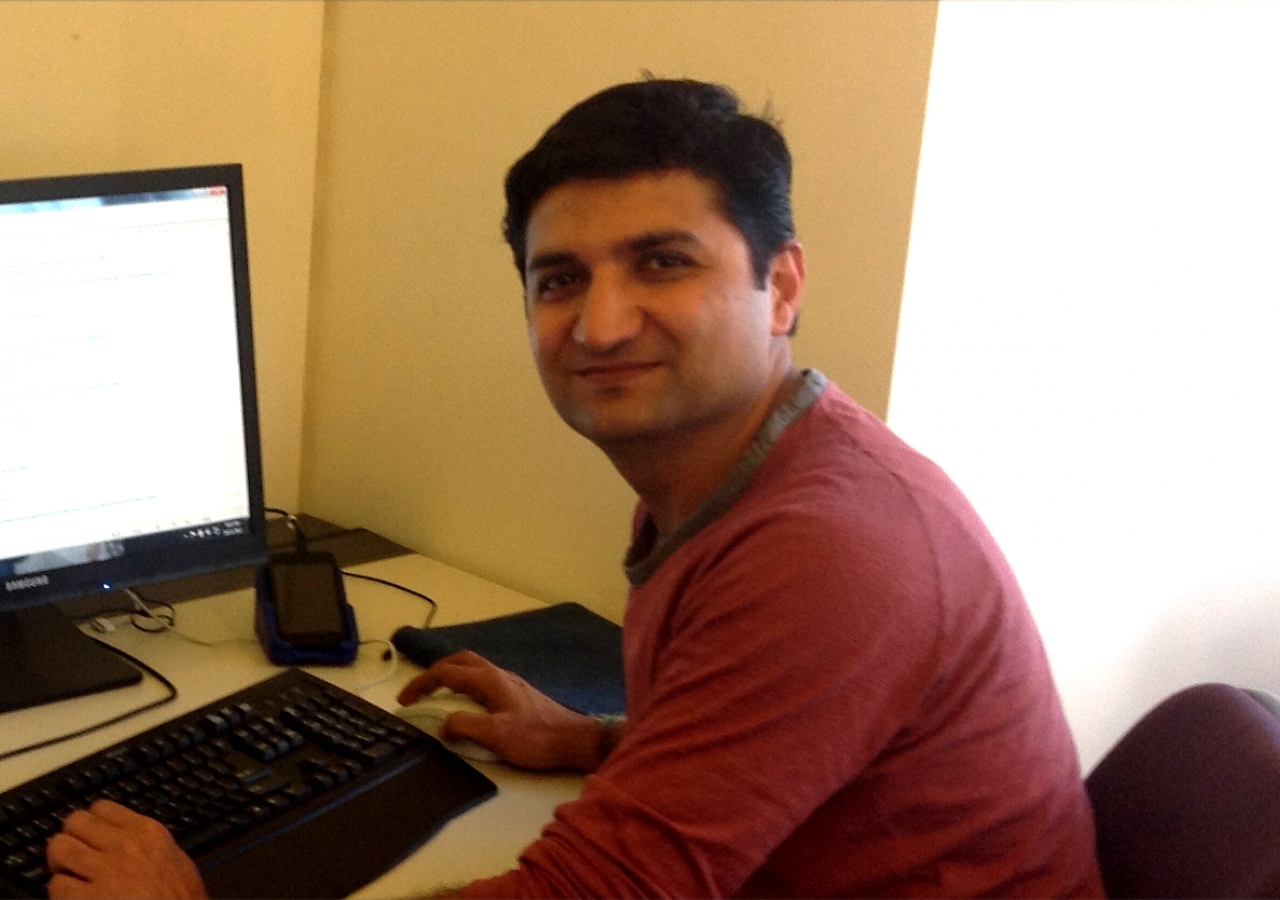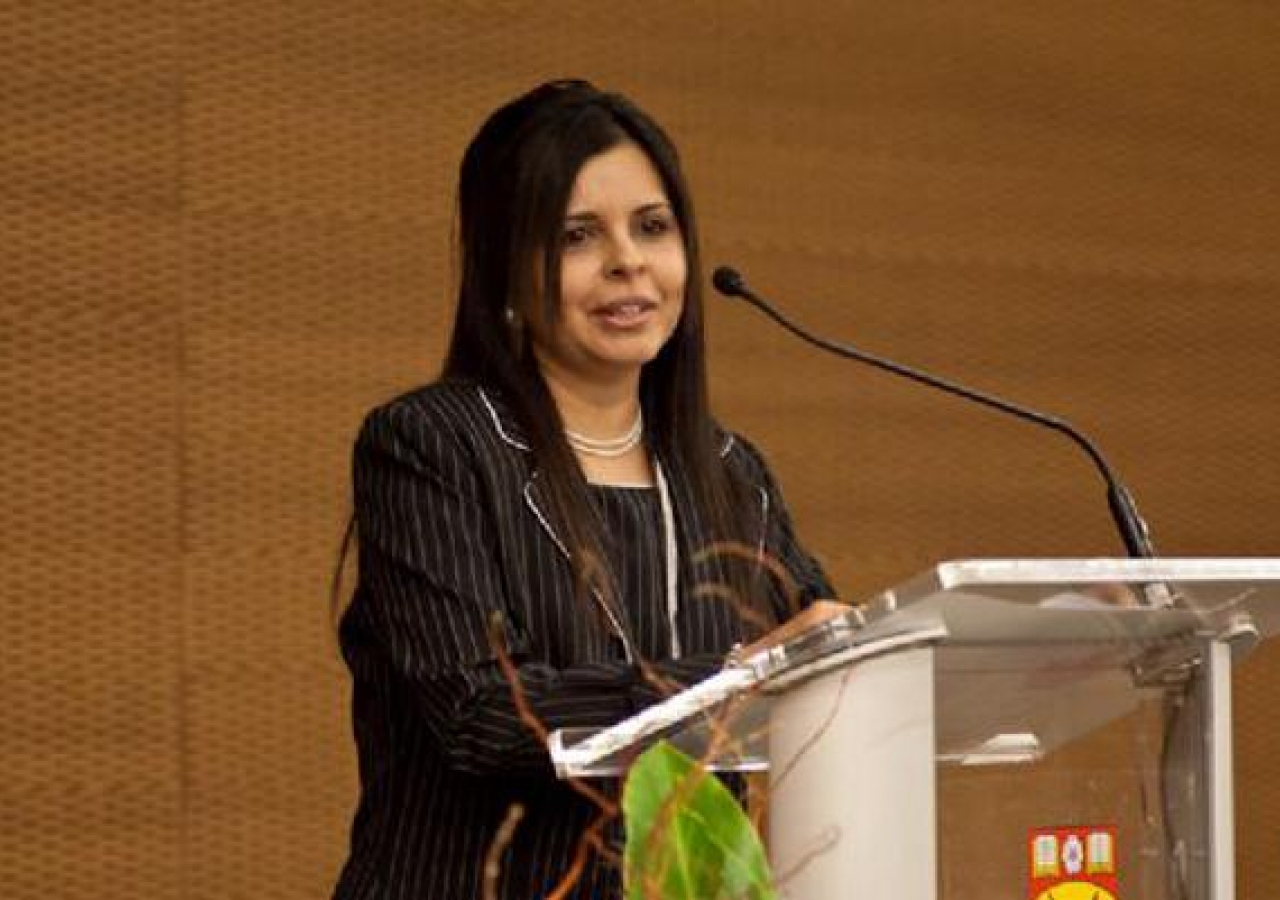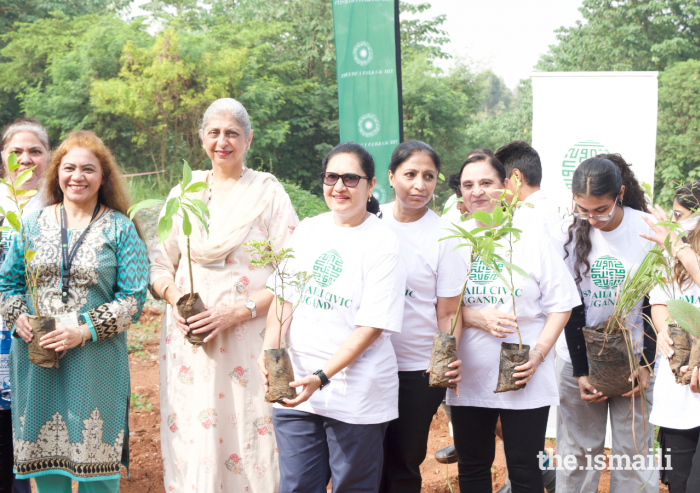Azim Mitha is a matchmaker of sorts: he matches offerings of time and knowledge made by volunteers with the opportunities and needs of Jamati and Imamat institutions.
A nazrana is an unconditional gift made by an Ismaili murid as an expression of love and devotion to the Imam of the Time. Established during the Golden Jubilee of Mawlana Hazar Imam, commemorating 50 years of his Imamat, the Time and Knowledge Nazrana (TKN) is a modern approach to a centuries-old tradition of offering gifts of time, knowledge and means for the benefit of the wider community. It provides Ismailis with an opportunity to develop their own professional skills and expertise through voluntary service. It also helps to build the capacity of the institutions in which they serve, equipping them to better address the needs of the Jamat and the societies in which they live.
Based in Auckland, New Zealand, Mitha – the TKN Team Coordinator in the Australia and New Zealand region – is both a volunteer and a recruiter of volunteers. Once he understands the specific needs of an institution, he sifts through volunteer profiles, to hone in on those whose skills and expertise would best satisfy the needs. In matching the skill sets and professional experience of volunteers with the particular requirements of an institution, TKN enables qualified and capable professionals in the Jamat to offer meaningful voluntary service in their own field, while strengthening institutional capacity.
“It has definitely given me immense pleasure and satisfaction,” says Mitha of his own TKN service. “Not only have I had the chance to serve, but it has led me to a greater appreciation of my faith.”
Institutional needs can vary significantly. An agency of the Aga Khan Development Network might require specific expertise to run a programme in a remote part of the world. A national Ismaili Council may be looking for ways to improve the effectiveness with which it delivers local services. Each of these institutions would contact the TKN office seeking a suitable candidate.
At the heart of the Time and Knowledge Nazrana is the niyaat – or expression of intent – of the murid to offer his or her service as a gift to the Imam of the Time. Those who have pledged such a niyaat will have submitted their profiles and resumes, and keep them regularly updated.
One area of need that was identified by the Jamati institutions in Australia was to streamline their financial reporting processes. Among possible candidates for the role, the TKN office identified Samir Hajiyani, an IT professional. He was selected to design a new and improved tool to simplify the financial reporting process, allowing more time and energy to be allocated to core institutional endeavours focused on improving the quality of life of the Jamat.
This particular placement was a good example of how TKN service can provide an opportunity for professional development. Hajiyani, who studied chemical engineering, came with a technical background. As such, he was encouraged to develop his business analysis skills, and worked along other professionals who shared their knowledge and experiences with him.
The experience gave Hajiyani insight into the high level of commitment and dedication of the many volunteers that keep the Jamati institutions functioning. He also says that the experience was enlightening on another level, taking him “many steps closer to understanding our faith, our Imam and what he is trying to achieve through all of his initiatives.”
In keeping with the global character of the Ismaili community, some TKN assignments facilitate the sharing of knowledge and expertise across borders. When the Ismaili Council for Australia and New Zealand wanted to find better ways to help recent migrants to settle into the Australian and New Zealand ways of life, they looked to TKN volunteer Jenny Gulamani-Abdulla, an immigration consultant from Canada.
Drawing on her Canadian experience, Gulamani-Abdulla researched and compared policies and best practices between Canada, Australia and New Zealand. She travelled to Australia, where she visited Jamats in various cities and met with many new migrants. She was also able to reach out to professional colleagues in her domain.
The TKN placement “provided a global reach for me professionally as the colleagues I met were in turn connected with work I do in countries such as Afghanistan, India, the Netherlands, and the United Kingdom,” says Gulamani-Abdulla. Through her research, she was able to help the Ismaili Council to better help immigrants to settle successfully in the countries they now called home.
By using their professional skills for the benefit of the Jamati Institutions, TKN volunteers continue to preserve the long ethic of service present within the Ismaili Muslim tradition. Their assignments have enabled them to contribute meaningfully to the institutions they have served, and in return have also had the opportunity to develop and hone their own skills and knowledge in ways not available to them in the normal course of their work. This contribution in turn has helped to strengthen the infrastructure and capacity of the institutions, to the benefit of both the Jamat and wider society.









